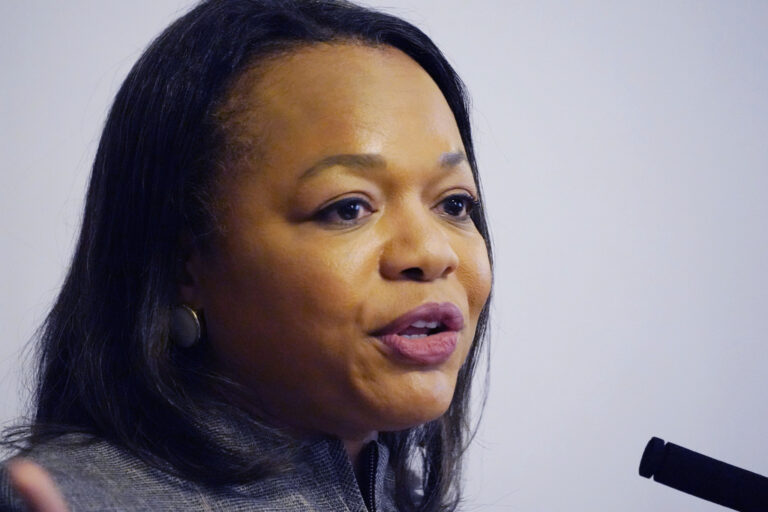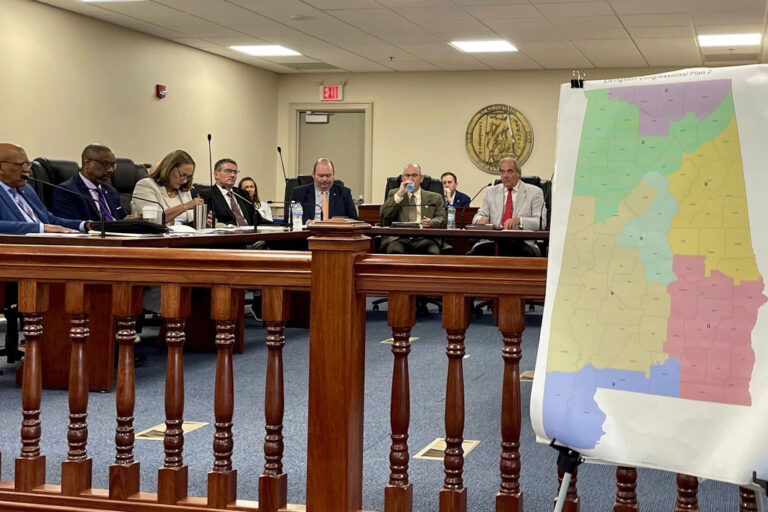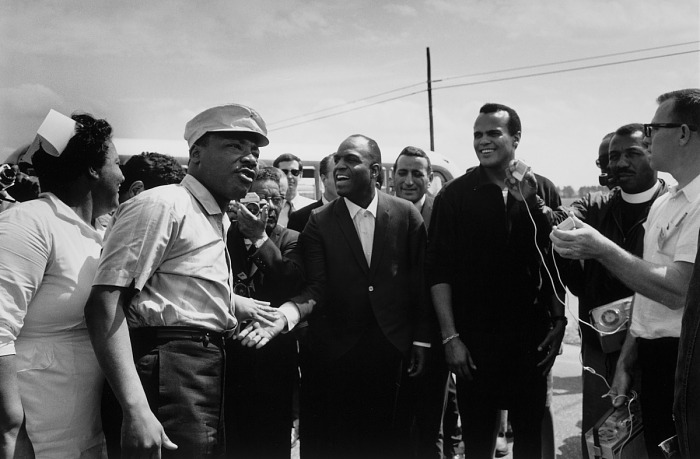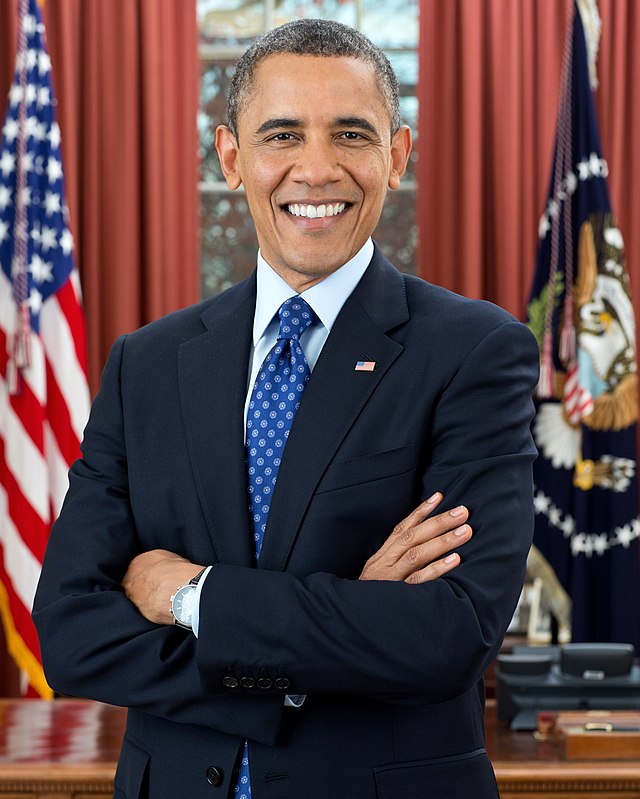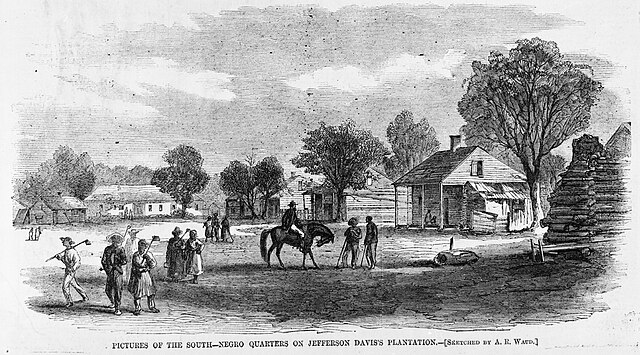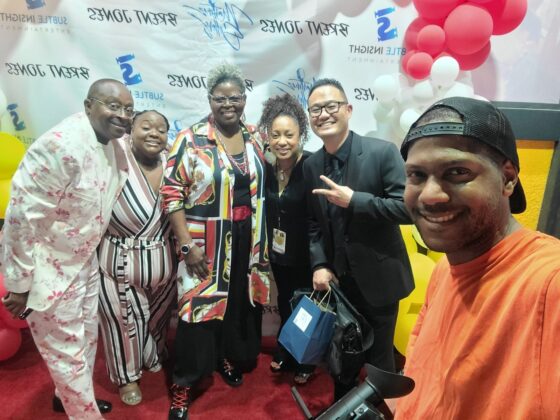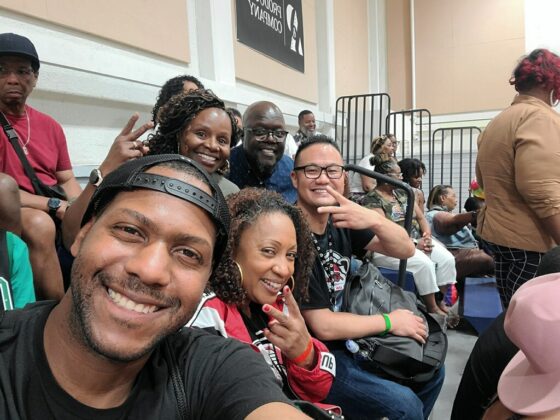JACKSON, Miss. (AP) — A new Mississippi law discriminates against residents of the majority-Black capital city of Jackson by requiring the appointment of some judges in a state where most judges are elected, the U.S. Justice Department said in court papers filed Wednesday.
The department is seeking to join a federal lawsuit the NAACP filed against the state shortly after Republican Gov. Tate Reeves signed the law in April.
Kristen Clarke, the department’s assistant attorney general for civil rights, said in a statement that Mississippi lawmakers created “a crude scheme that singles out and discriminates against Black residents” in Jackson and Hinds County, where the city is located. Clarke said the law creates a “two-tiered system of justice” with judges and prosecutors chosen by state officials.
“This thinly-veiled state takeover is intended to strip power, voice and resources away from Hinds County’s predominantly-Black electorate, singling out the majority-Black Hinds County for adverse treatment imposed on no other voters in the State of Mississippi,” Clarke said.
U.S. District Judge Henry Wingate has temporarily blocked the law from taking effect. Wingate would have to approve the Justice Department’s request to intervene in the lawsuit.
The department said in its court filing Wednesday that the Mississippi law discriminates against people based on race, violating the U.S. Constitution’s equal protection guarantee.
The law creates a new court in part of Jackson with prosecutors appointed by the Mississippi attorney general and a judge appointed by the Mississippi Supreme Court chief justice. The law also authorizes the chief justice to appoint four other judges to work alongside the four elected circuit court judges in Hinds County.
Critics say the law takes away self-governance in Jackson and Hinds County, which are both majority-Black and governed by Democrats. Members of the majority-white and Republican-controlled Legislature said they passed the law to improve safety in Jackson, which has had more than 100 homicides for each of the past three years.
The law also expands the patrol territory of the state-run Capitol Police department within Jackson. The NAACP says in its lawsuit that the police expansion also violates the Constitution’s guarantee of equal protection by treating Jackson differently from other parts of the state.
While the Justice Department challenges the appointment of prosecutors and judges, it does not challenge the police expansion.
Derrick Johnson, national president and CEO of the NAACP, praised the Justice Department’s action as “exemplary of what good government looks like.”
“When our state leaders fail those they are supposed to serve, it is only right that the federal government steps in to ensure that justice is delivered,” said Johnson, who lives in Jackson.
The Mississippi Supreme Court — minus the chief justice — heard arguments last week about a state lawsuit that also challenges the new law.

